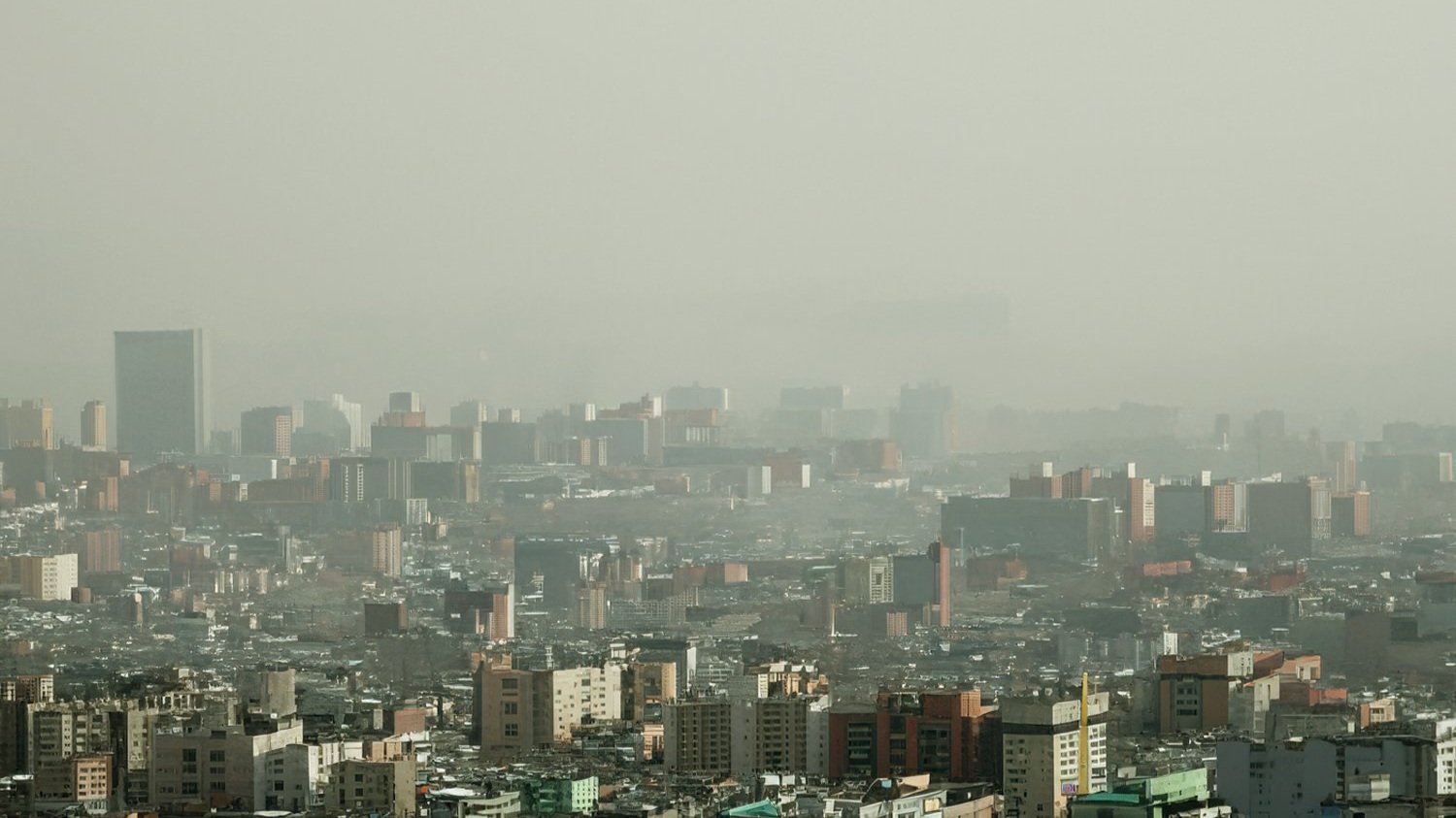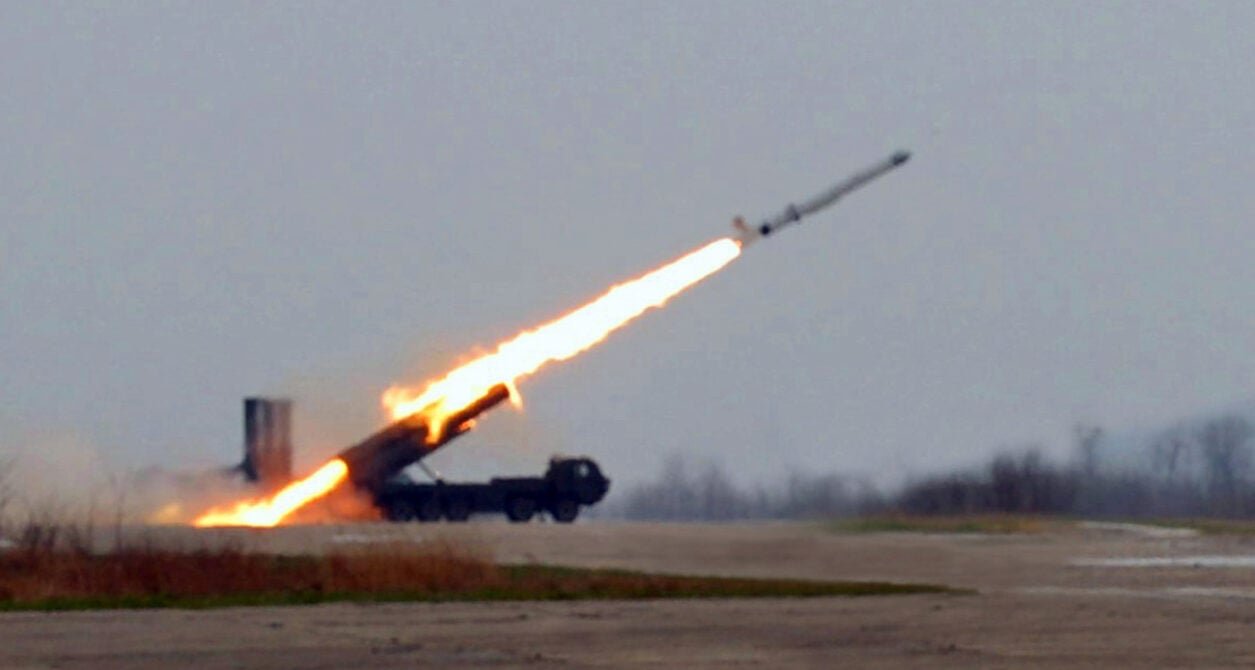Despite the risks associated with defection, including facing torture, sexual violence, hard labor, imprisonment or even execution upon returning to North Korea, an increasing number of North Koreans are attempting to escape their homeland. In 2023 alone, the number of defectors entering South Korea nearly tripled compared to previous years.
According to South Korea’s Ministry of Unification, 196 North Korean defectors entered South Korea in 2023, compared to 63 and 67 defectors in 2021 and 2022 respectively. Of the 196 defections in 2023, 32 were men and 164 were women, raising the total number of the North’s defectors in South Korea to 34,078. Government data also showed that there has been a rise in defections by North Korean diplomats and trade officials. Although 196 successful defections appear insignificant in comparison with the record high of 2,914 defections in 2009, the drastic jump in 2023 points to a resumption of defections following strict pandemic-related border closures implemented by the DPRK in the previous years.
REASONS FOR THE RISE IN NUMBER
Throughout the years, disillusionment with the North Korean regime has played a primary motivator for defection. According to reports, nearly 23 percent of defectors cited their dissatisfaction with the regime’s ruling as the main reason for defecting. The oppressive political climate, lack of basic human rights and constant surveillance also drove many to seek a better life elsewhere, as the Korea Hana Foundation learned that “aspirations for freedom” became the number one reason for their escape.
Another critical factor is the ongoing food crisis in North Korea. Approximately 21.4 percent of defectors mentioned hunger as a reason for leaving their home. It is no secret that the country faces chronic food shortages, exacerbated by economic challenges and natural disasters. The struggle for survival pushes people to search for sustenance and stability, even if the journey to freedom could cost them their lives.
CHANGING DEFECTION ROUTES
Since Kim Jong-un assumed power in 2012 following his father’s death, defections have declined consistently. Kim’s regime implemented stronger border controls, limiting escape routes. Additionally, improved relations with China and agreements to return escapees to North Korea further deterred defections. The impact of his leadership has been significant, especially when looking at the number of successful defections, which immediately dropped after his rise to power.
However, in order to tackle the new challenges associated with defection within North Korea, there appears to be more diversification in terms of defection routes. The new routes that go through third countries, such as China, Laos or Myanmar, before reaching South Korea may have positively contributed to an increased number of successful defections as authorities in the North are not familiar with them and face more challenges in arresting defectors.
DISTURBING TRUTH
More than half of the defectors who fled North Korea in 2023 were in their 20s and 30s. While this might indicate that young people are desperate to seek freedom and build a future for themselves at an early age, there appears to be an entirely different reality. According to Kim Sung-eun, a pastor with South Korea’s Caleb Mission who has been helping defectors for more than two decades, the reason why young women account for 90 percent of defectors is because brokers are able to gain 100,000 to 180,000 yuan (around $13,790 to $24,822 USD) for each female defector they sell to Chinese looking for brides or to prostitution operators. As Kim described, “A married couple with an old woman and young children bring no profit to brokers,” and are thus deemed “worthless.” In other words, the statistics from 2023 could suggest that young North Koreans, especially women, have more opportunities to escape simply, and sadly, because they fit the criteria for human trafficking.
Ultimately, for a people who have suffered under the tyrannical rule of Kim Jong-un and the inhumanity of trafficking, we are thankful to see an increasing number of them arriving in South Korea. Life won’t immediately or miraculously become better, but in South Korea, they at least have a fighting chance.









































